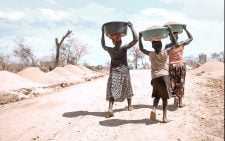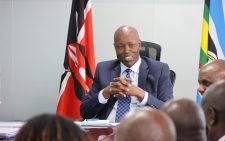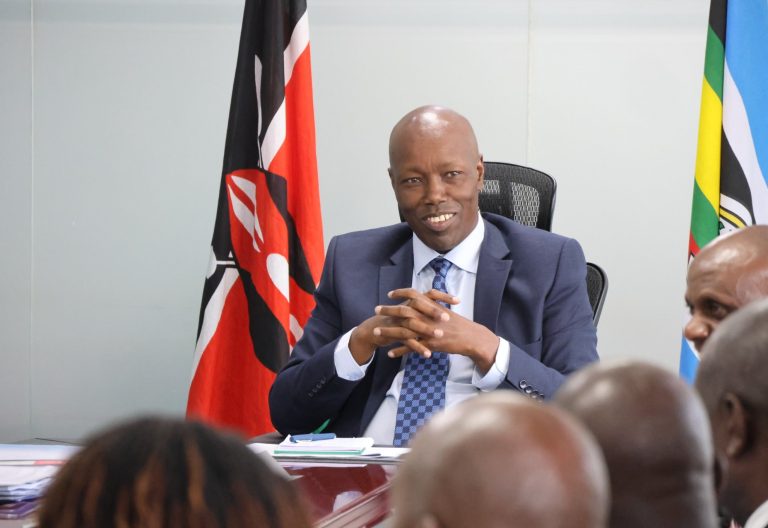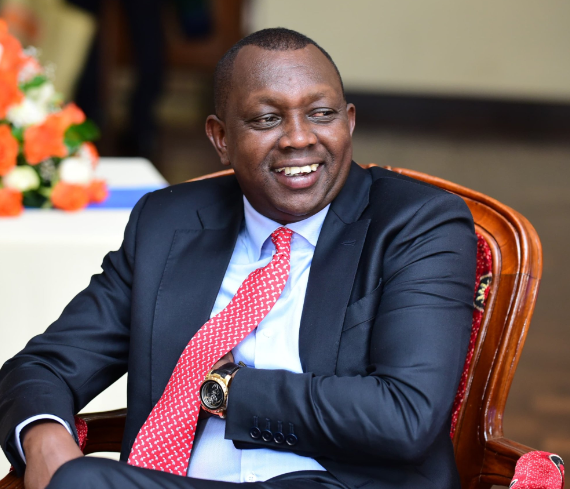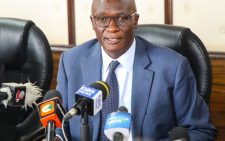State turns to science to address food insecurity
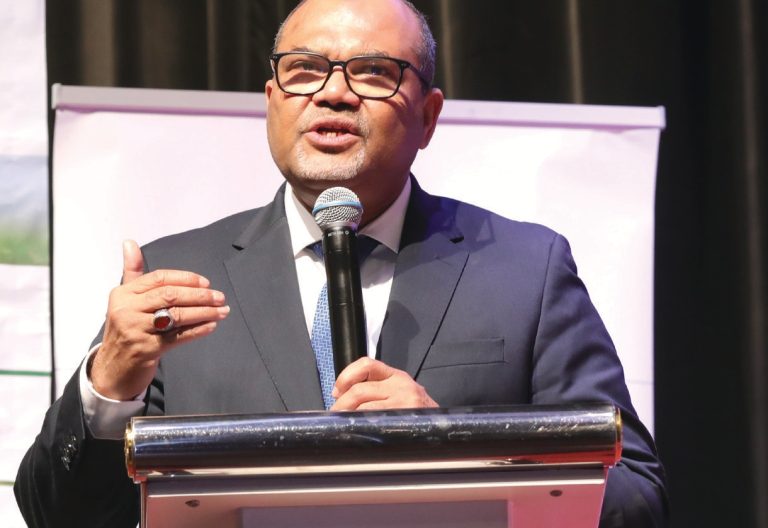
With over 1.8 million Kenyans facing food insecurity and more than 500,000 children under five years suffering from malnutrition, the government is turning to Science, Research, and Innovation (SRI) to tackle the crisis.
This was revealed by Prof Shaukat Abdulrazak, Principal Secretary, State Department for Science, Research, and Innovation, Ministry of Education, during the national dialogue on biotech foods and planetary health organised by ISAAA AfriCenter.
According to the PS, the newly established State Department for Science, Research, and Innovation is expected to drive efforts that harness technology to boost food security, improve nutrition, and build resilience in vulnerable communities affected by climate change.
“The Government is fully committed to promoting innovations that are safe, beneficial and sustainable. Innovations that improve livelihoods, enhance nutritional security, and contribute to the health of our people and the planet,” the PS said.
According to him, to effectively confront these pressing challenges, it is imperative that as a country we harness the full potential of science, technology, and innovation.
From developing climate-resilient crops and enhancing early warning systems to deploying smart water management solutions and improving nutrition through bio-fortified foods.
This is why the Government has made significant investments in agri-biotechnology, because they have recognised it as a viable tool for developing and deploying climate-smart crops.
Apart from that, the government continue to strengthen the capacity of agricultural scientists and institutions in a bid to harness science and technology in the face of climate adversities.
“Through rigorous research, these scientists have demonstrated that several biotech crops – such as genetically modified (GM) cotton, maize and cassava are climate-resilient and highly productive. These innovations offer promising solutions for enhancing food security and strengthening the resilience of our agricultural systems,” the PS added.
He revealed that STI offers practical and scalable tools that can transform how we respond to drought, food insecurity and malnutrition.
Integrating these innovations into our national and local response strategies will not only build resilience in vulnerable communities but also accelerate sustainable development.
He also lauded the potential of genetically modified organisms (GMOs) to contribute to a food-secure planet, citing sufficient research and history of safe use of these products.
At the same time, he observed the potential of misinformation and disinformation to twist the narrative and delay the adoption of crucial biotechnologies, which he labelled ‘unfortunate’.
“I take this opportunity to challenge all stakeholders in government, academia, industry, civil society, and the media to work together in building more informed public consciousness around emerging agri-technologies. We cannot afford to polarise innovation. Instead, we must democratize access to knowledge and empower our citizens to make informed choices,” he added.
Speaking at the same event, ISAAA AfriCenter Director Dr Margaret Karembu highlighted the potential of biotechnologies, which, despite ongoing debates, continue to enhance food security and support planetary health globally.
According to her, agribiotech has been responsible for the enhancement of food security and reduction of land use pressure, reduction of the risk of zoonotic diseases’ spread through improvement of poultry and livestock health (by improving feeds and development of disease-resistant breeds) and reduction of human and wildlife conflict, promotion of sustainable agriculture and ecosystem health through reduced use of pesticides, and improvement of the biodiversity.
“Unfortunately, some of the finest innovations are now exposed to dedicated drivers of misinformation and disinformation. There are clearly people who do not have a good understanding of the technology or who are, purely, saboteurs, and both of these groups are influencing delays in accessing beneficial tools, decision-making and investments,” Karembu said


